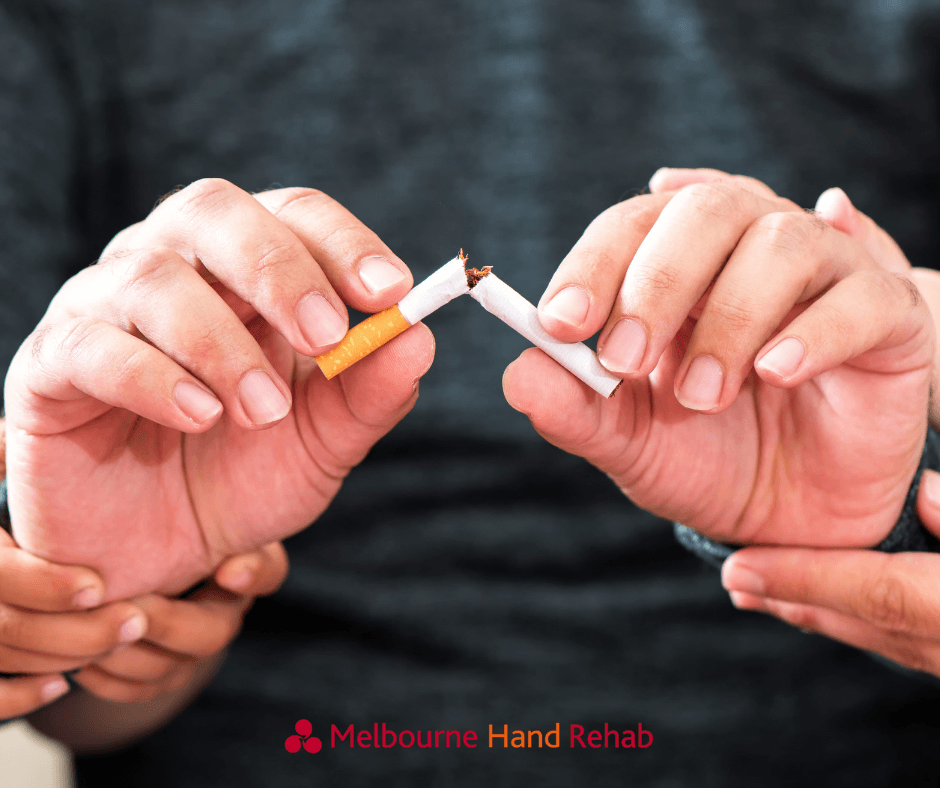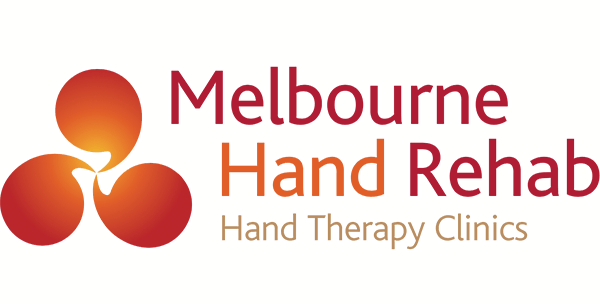
02 May Does smoking really affect my healing?
Does smoking really make that big of a difference??
About 25% of our adult population smokes cigarettes. We understand that quitting smoking can be extremely difficult. But what if you have had an injury and/or surgery? Will it really make a difference if you smoke?
Yes. This is not what the smokers out there want to hear, but I cannot tell a lie. Your hand therapist will work hard with you with the ultimate goal of the best possible recovery for you. Avoiding smoking before surgery and definitely during recovery from injury/surgery will get you to your best possible recovery.
Why does smoking affect my recovery?
Chemicals in cigarettes affect how your body carrying oxygen in the blood. You simply cannot heal without oxygen. Vessels in the body that carry blood actually do constrict and narrow, making it difficult for the blood and oxygen to get to the injury. Smoking also thickens the blood, contributing to less blood to your injury. As a hand therapist, I ask my patients if they smoke. The question is not to judge you. Although, knowing what I know, it will assist with me in predicting your prognosis and recovery time and help me to support you in every way possible. If you are a smoker, I generally increase the healing time by 30-50%. While that does not sound so bad, this increases a 6 month recovery time to 7.8-9 months.
Smoking can cause the following problems
- Increased healing time
- Less oxygen in the blood
- Constriction of the blood vessels
- Thickening of the blood
- Increased risk of infection
- Risk of nonunion of bone fractures
- Increased pain after surgery or during healing
Research shows…
Research shows that there is a significant difference in fracture healing time between smokers and nonsmokers. Wound healing is also significantly affected. One study showed that 95% of nonsmoking patients healed from a wrist injury while only 68% of smoking patients completely healed. That is a big difference. All of the affects of smoking listed above are research based.
Just remember and be aware…
If you sustain an injury, it is important to remember these facts. Ideally you should stop smoking 1-2 months before a surgery. Stopping smoking after your injury will also increase your chances of healing completely, shorten your healing time, decrease your pain, and leave you satisfied with your outcome.
If you are a friend or family member of a loved one during an injury. I encourage you to be supportive but to also be the voice of reason. Recovering from and injury is difficult. Support in what needs to be done will be appreciated in the long run.
Steph Konstantinidis. Masters of Occupational Therapy and Hand Therapy Practitioner


